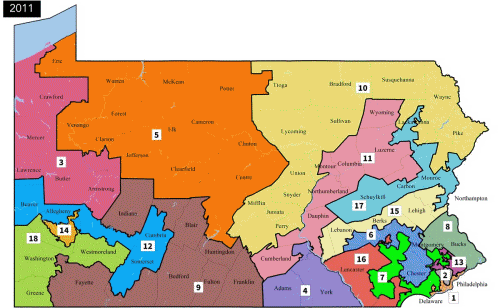Donald Trump has commissioned vote fraud commission to prove that he actually won the popular vote in 2016. (Yes, this is Narcissistic insanity)
He has appointed prominent figures in the voter suppression movement including Kansas Secretary of State Kris Korbach and Hans “Der novotenführer” von Spakovsky, whose primary goal has been to keep blacks and Hispanics from voting, primarily through purging them from voter rolls.
This commission is a clear attempt to go national with the voter purges in an attempt to gain partisan political advantage, and, in an attempt to go national programs to disenfranchise minorities.
Basically, the commission will manufacture data, and then manufacture outrage, and use this to jump start national legislation to suppress minority voting.
This is clear to anyone with two brain cells to rub together, so when the commission requested complete voter registration data from the states and the District of Columbia, over half of the states election officials have told the commission to go pound sand.
It turns out that, due to vagaries in state election law, one of the Secretaries of State that is telling Kris Korbach to go pound sand, is Kansas Secretary of State Kris Korbach:
Kris Kobach, the co-chair of Donald Trump’s glorious Find The Five Million Illegals Who Voted For Hillary Commission, has been running into a bit of pushback to his letter asking all 50 states to submit detailed voter information to be used in a great big study that would supposedly root out all the voter fraud. At least 25 states have said they won’t or can’t comply — or will not submit all the data Kobach requested, either because they’re restricted by state law, or they don’t trust the commission, which is expected to skew the data to support Republican claims of massive voter fraud, and to recommend restrictions on voting rights.
Among the states that won’t be giving the “Presidential Advisory Commission on Election Integrity” all the data Kris Kobach wants is Kansas, where Secretary of State Kris Kobach explained that under state law, he can’t release the last four digits of voters’ Social Security numbers. The state will release all other information requested in the letter, like voters’ names, addresses, dates of birth, voting history, party affiliation, and felony criminal history. Kobach explained,
“If the commission decides that they would like to receive Social Security numbers to a secure site in order to remove false positives, then we would have to double check and make sure Kansas law permits,” Kobach said.
“I know for a fact that this information would be secured and maintained confidentially,” he added in response to security concerns.
He happens to personally know the commission’s co-chair, after all, and he trusts Kris Kobach not to pull any funny stuff.
Several other states, however, know exactly who Kris Kobach is, and have decided not to play along with Kobach, like Virginia, where Gov. Terry McAulliffe issued a statement saying
This entire commission is based on the specious and false notion that there was widespread voter fraud last November […] At best this commission was set up as a pretext to validate Donald Trump’s alternative election facts, and at worst is a tool to commit large-scale voter suppression.
Mississippi Secretary of State Delbert Hosemann, a Republican, was a bit more blunt. His statement not only said Mississippi wouldn’t comply with the request for voter records, he also told Kobach that while he hadn’t yet received the letter, based on the copies he’d seen, his reply to the commission would be “They can go jump in the Gulf of Mexico and Mississippi is a great state to launch from.”
(emphasis mine)
I think there is a method to Republican madness here: They want to institute nationwide voter suppression, and they are using Trumps ego to push this whole effort along.
Unlike prior Republican Presidents, who had the hubris to believe that they could pick the lock of the minority vote, Trump is personally hurt by the 2.8+ million voter deficit, and really believes that this was from widespread voter fraud.
As such, Trump is the perfect patient zero for the plague of voter suppression.
 The Michigan Supreme Court has ruled that the plebiscite reforming the redistricting process can proceed:
The Michigan Supreme Court has ruled that the plebiscite reforming the redistricting process can proceed:


